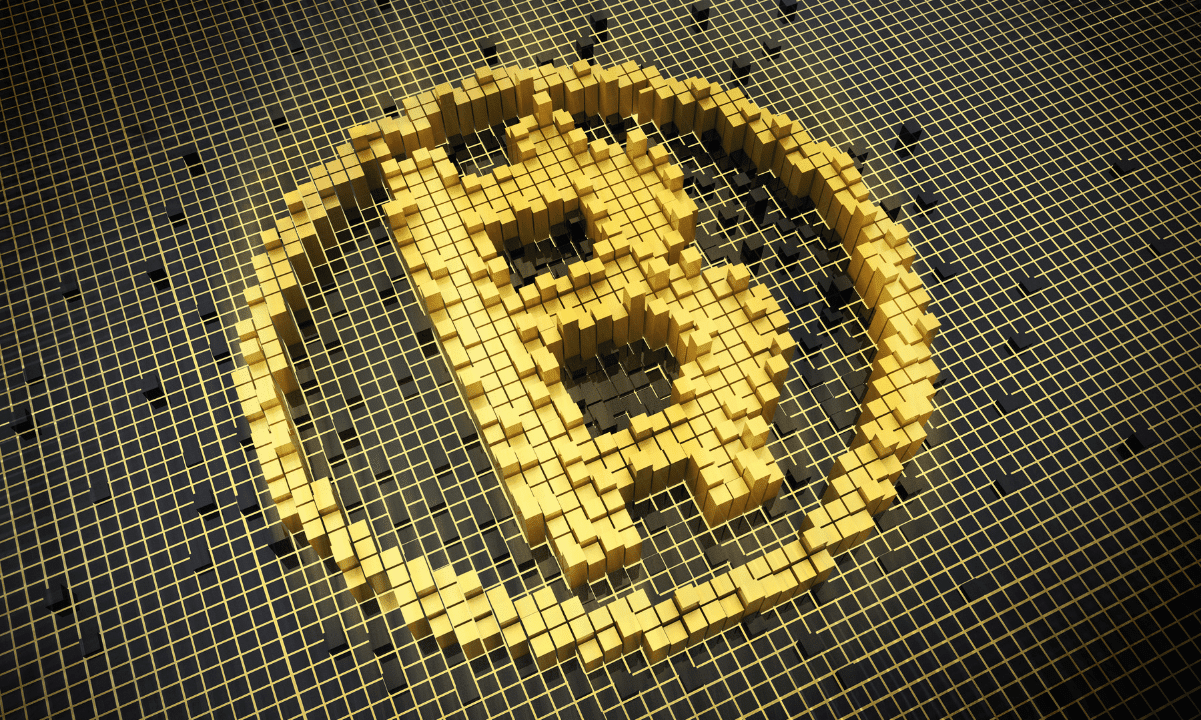Samson Mow Blasts Bitcoin Core Devs: User Contempt Puts Network’s Future at Risk

Bitcoin heavyweight Samson Mow unleashes scathing critique against core developers—accusing them of alienating the very users who sustain the network.
Community Backlash Grows
Mow's comments strike at mounting frustration within Bitcoin circles. Developers increasingly prioritize technical purity over practical usability—creating solutions that baffle rather than empower everyday users.
Network Stability Under Threat
This developer-user rift risks fragmenting consensus. When core teams dismiss user experience as "irrelevant," they gamble with network security and adoption. Bitcoin survives through collective trust—not technical arrogance.
Finance's Ironic Twist
Meanwhile, Wall Street funds pile into Bitcoin ETFs—paying premium fees for exposure to an asset whose developers seemingly disdain their participation. The ultimate irony: traditional finance embracing what technocrats might abandon.
Future Hangs in Balance
Bitcoin's success hinges on balancing innovation with accessibility. Without that equilibrium, even the most elegant code risks becoming digital relic—admired by purists but ignored by the world.
Mow’s Indictment of Developer Conduct
In a lengthy post published on X, the BTC advocate argued that Bitcoin’s Core issue is not merely technical but deeply cultural. He asserted that a toxic attitude among some developers is poisoning the ecosystem.
“You cannot develop software for users that you despise,” Mow stated.
He pointed to specific behaviors to illustrate his claim, alleging that developers have been branding user nodes as “fake,” telling them “they don’t matter,” and even engaging in “DDoSing their nodes and laughing about it.”
The Jan3 executive described this behavior as “appalling” and suggested it stems from a problematic mindset:
“Somehow we’ve ended up with node software developers that have both a god complex and a victim mentality at the same time,” he wrote.
According to him, the only solution to the issue is a return to professionalism and humility. He stated that anyone looking to work on bitcoin should not make it all about themselves or take out their frustrations on other users.
“If you are really such a talented developer, then how come you are completely incapable of convincing people that your changes are good?” Mow asked, alluding to the ongoing debate surrounding the decision to remove the longstanding 80-byte limit on OP_RETURN outputs, which has seemingly divided the community.
His sentiment found support from others, with developer ‘Uncle Rockstar’ pointing out that it was “easy for developers to fall into the trap of thinking that technical proficiency equals intellectual superiority.”
However, not everyone agrees with this characterization. Earlier, BTCAzores co-founder Antoine Poinsot stated that Bitcoin is money and that protocol developers cannot force anyone to use it one way or the other. Meanwhile, security expert Jameson Lopp offered a more pragmatic view, suggesting programmers may simply be “building for a different set of users” and that the “free market tends to sort these things out.”
The Technical Catalyst
Initially, the 80-byte OP_RETURN cap was implemented as a “gentle signal” to discourage excessive non-financial data from being embedded on the blockchain. However, some developers now say the limit is obsolete because miners have found ways to bypass it, even though they are complex and inefficient.
According to them, removing it will promote cleaner data storage and uphold network neutrality. Some, like Gregory Sanders, have asserted that “this is not endorsing non-financial data usage, but accepting that as a censorship-resistant system, Bitcoin can and will be used for use cases not everyone agrees on.”
Still, their justification has failed to placate critics. One of them, Bitcoin Knots maintainer Luke Dashjr, called the removal “utter insanity,” a sentiment also echoed by Mow and others who fear it will lead to network spam and a departure from the blockchain’s main function as peer-to-peer electronic cash. This change has become the battleground for a much larger war over the soul and future direction of the Bitcoin network.

